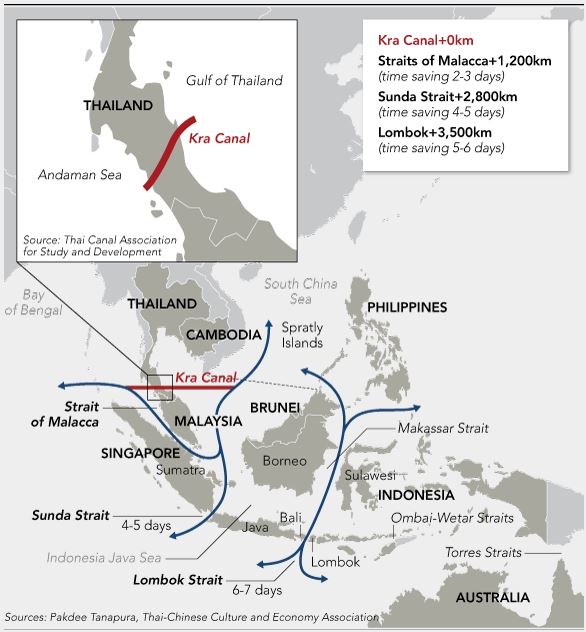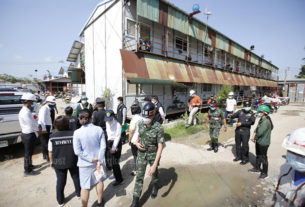
Thailand’s land ownership rules need rejig
Foreign land ownership isn’t a novel issue in Thailand. During the Ayutthaya period between 1351-1767 AD, a handful of foreigners who were deemed to have made valuable contributions to the kingdom were awarded large plots of land — among whom were Constantine Phaulkon, a Greek adventurer who became a counsellor to King Narai and received the noble title of Chao Phraya, and the Japanese samurai Yamada Nagamasa, who also received the title of Phraya.
Despite the historical precedents and the urgent need to attract foreign talent and investment, every attempt by any administration, regardless of their political alignment, has been thwarted over concerns about “selling off” the country to foreigners.
The government’s most recent move is the latest proof. Last week, it was forced to pull the plug on a proposal which would see a select group of foreigners who meets certain net worth, investment and visa requirements allowed to purchase up to one rai of land in Bangkok, Pattaya, and other municipality areas.
While the opposition to the plan is largely fuelled by xenophobia and concerns about illegal land grabs, the government is actually to blame, as the proposal itself was half-baked and vague at best.
The proposal to allow certain foreigners to own up to one rai of land for residential purposes was intended to attract highly skilled professionals and/or high net-worth individuals to stay long term in Thailand and hopefully pass on their skills and/or invest during their stay in the country.
Unfortunately, the government appears to have not done its homework properly. Instead of selling the policy as a perk to lure foreign talents to live and level up Thailand’s competitiveness, like in the case of our neighbouring countries such as Malaysia and Singapore, the government pitched this policy as an economic stimulus to benefit the sagging real estate sector and bring in revenue from foreigners.
Under such reasoning, it was no surprise that many people ended up fearing the proposal would lead to land grabs by wealthy foreigners.
About 80% of the country’s land is controlled by just 20% of the nation’s population. As a result, thousands of indigenous tribes are routinely driven out of their homes, in some cases by projects which have foreign parties as their beneficiaries.
Such expulsions are proof that foreigners can buy land plots through proxies under existing rules, a known issue that the current and past administrations have never addressed. Politicians have turned a deaf ear to academics and experts on using high land tax rates to deter land grabs by wealthy individuals. Law enforcers have also done very little to tackle proxies who buy land for foreigners.
In terms of safeguards, the government also failed to specify the areas in municipalities where foreigners can own land. In the face of such widespread resistance, it was no surprise that Interior Minister Anupong Paojinda didn’t hesitate to back-pedal on the proposal.
The next big question is: What will the government do to attract the foreigners the country needs?
Countries in the region that want to attract foreign talent have already come up with measures. We can only hope that the next government and politicians will deal with this matter properly. It needs to be clear and ensure all safeguards are in place to prevent land grabs.
Anything less than that would see xenophobia and sensationalism ruin any plan to attract the right kind of foreigners the kingdom needs.
BANGKOK POST EDITORIAL COLUMN
These editorials represent Bangkok Post thoughts about current issues and situations.
Source: https://www.bangkokpost.com/opinion/opinion/2437932/land-rules-need-rejig



